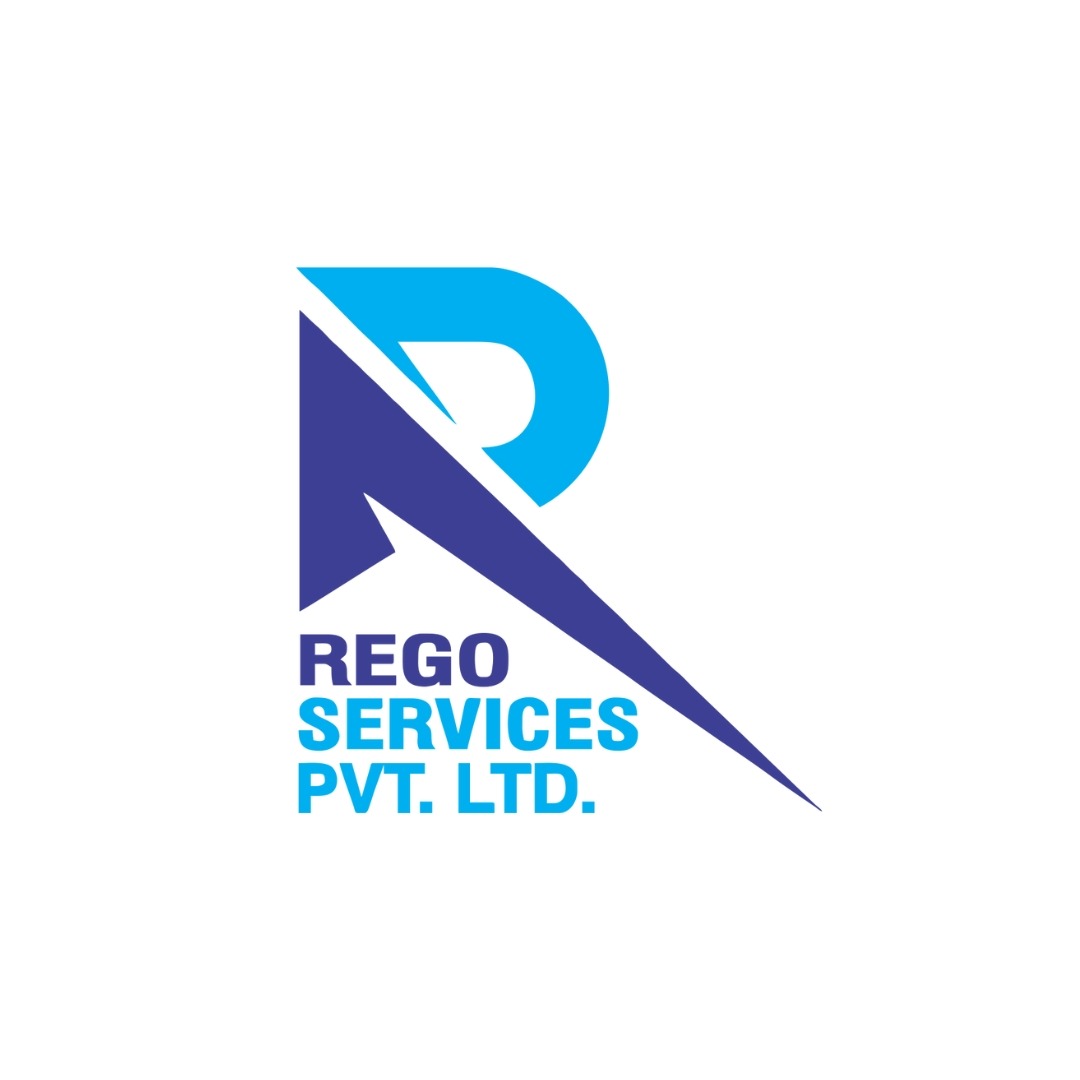There are no items in your cart
Add More
Add More
| Item Details | Price | ||
|---|---|---|---|
Fri Oct 10, 2025
The Government of India has made BIS Certification mandatory for aluminium alloy miscellaneous products under the new Quality Control Order (QCO) issued in accordance with the BIS Act, 2016. This regulation is designed to ensure consistent product quality, safeguard consumer interests, and uphold high manufacturing standards across the industry.
This order applies to both Indian and foreign manufacturers intending to supply or export aluminium alloy products to the Indian market. Under this directive, obtaining BIS FMCS Certification (Foreign Manufacturers Certification Scheme) is now a legal prerequisite for export approval.
If you are a global manufacturer aiming to introduce aluminium alloy products into India, this guide by Rego Services Pvt. Ltd. will help you understand the entire certification process, key documentation, and compliance steps for a smooth market entry.
The Bureau of Indian Standards (BIS) is India’s national body responsible for ensuring product safety, quality, and conformity. For foreign manufacturers, certification is governed under Scheme I of the BIS (Conformity Assessment) Regulations, 2018, popularly known as the Foreign Manufacturers Certification Scheme (FMCS).
This certification allows eligible overseas manufacturers to use the ISI Mark, confirming that their products comply with relevant Indian Standards (IS). The certification is mandatory, and non-compliance can result in import bans, penalties, or legal restrictions on product distribution in India.
The Aluminium Alloy Miscellaneous Products (Quality Control) Order, 2025, issued by the Ministry of Commerce and Industry, mandates that specific aluminium alloy products must conform to Indian Standards and bear the ISI Mark before being sold or imported into India.
Products Covered Under This QCO:
Effective Implementation Timelines:
Obtaining BIS FMCS certification involves several structured stages. Below is the complete stepwise approach outlined by Rego Services Pvt. Ltd.:
1. Application Submission
Foreign manufacturers must submit the following documents to obtain certification:
Foreign entities often face multiple challenges during the certification process:
As a leading compliance consultancy firm in India, Rego Services Pvt. Ltd. provides complete support for BIS certification, ensuring seamless market entry for foreign manufacturers. Our End-to-End Assistance Includes:
The Aluminium Alloy Products QCO, 2025, has made BIS certification mandatory for all aluminium alloy miscellaneous products intended for the Indian market. Whether you’re manufacturing aluminium milk cans, redraw rods, or master alloys, obtaining BIS FMCS certification is essential to ensure legal compliance and market access.
Partnering with Rego Services Pvt. Ltd. provides you with expert guidance, regulatory clarity, and complete support — helping your brand achieve certification success with confidence.

Rego Services Pvt. Ltd.
Educator in product certification for Indian and global markets.